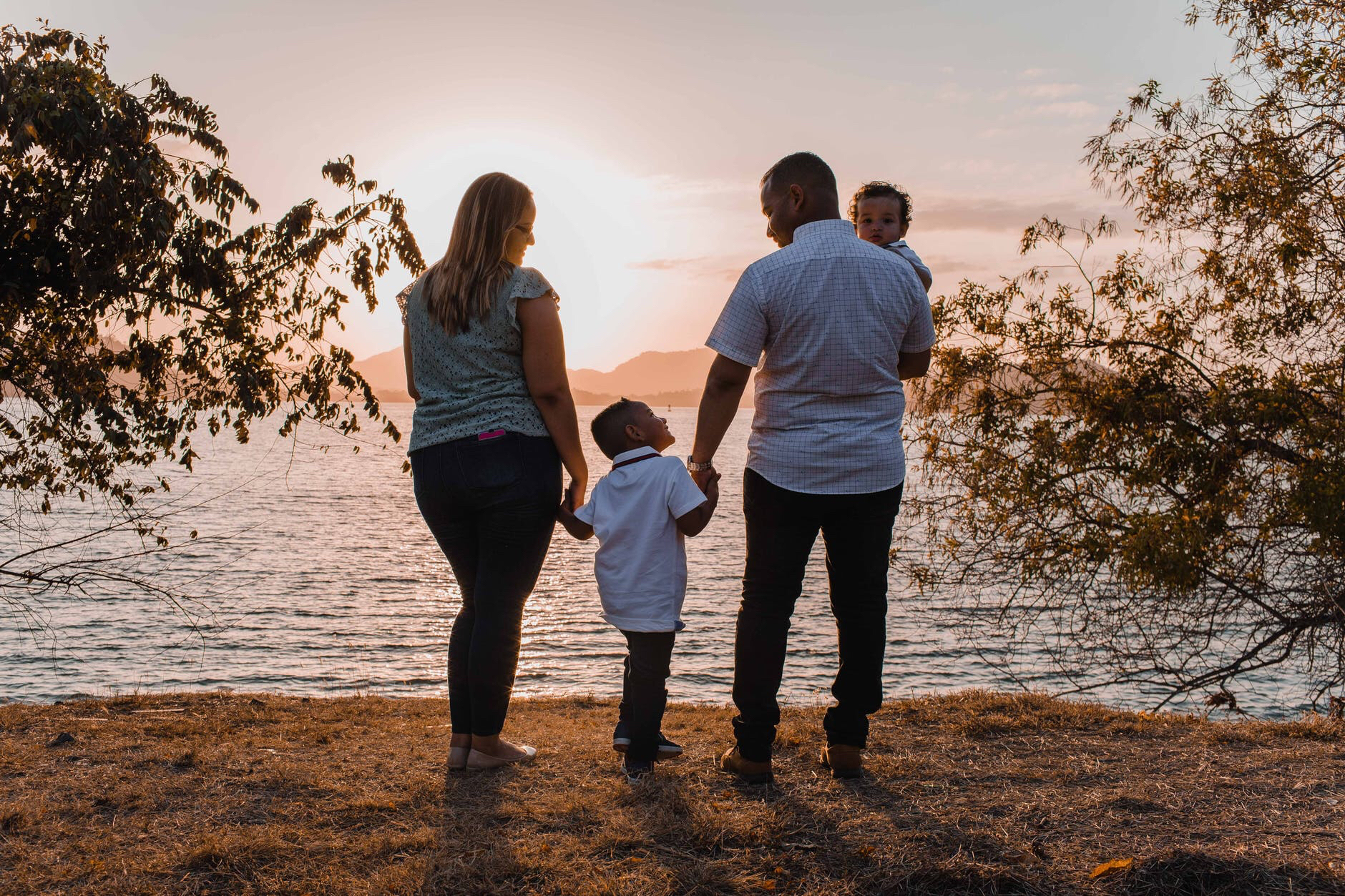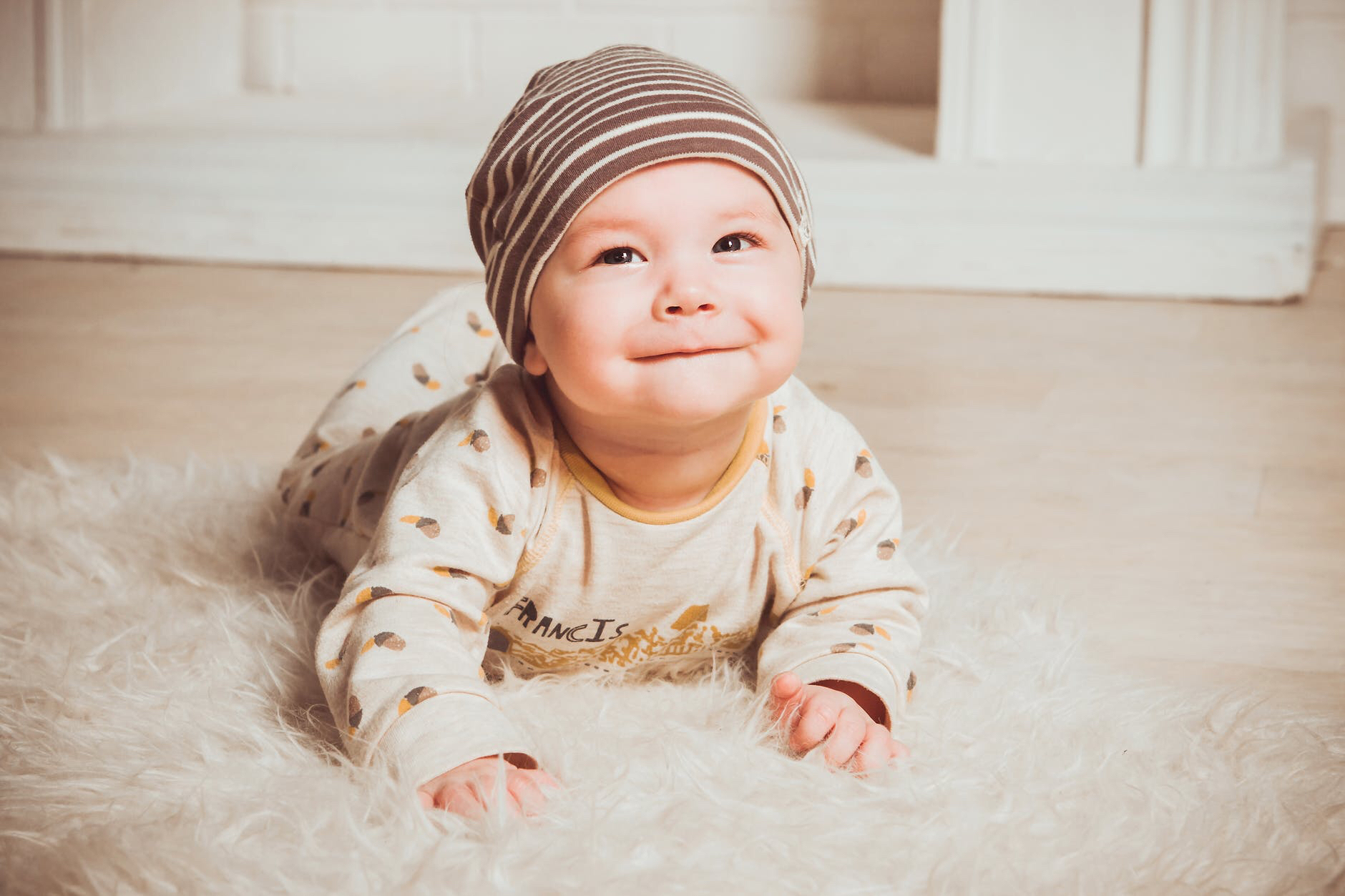
Parenting is both complex and practical. Having raised two step children from the ages of 8 and 10 years onwards (now aged 21 and 23 respectively) and with the benefit of hindsight, I’d like to share some insights about how personal flexibility (PFL) can help people become better parents.
Like many parents, I’ve said things in the heat of the moment, that I wish I hadn’t said to my children. It’s a testament to their character that they saw the bigger picture. And thankfully saw me as a flawed human being, trying to become a better person and a better parent over time. It’s still a work in progress!
I’ve said to various people that the life change from not being a parent, to suddenly becoming a parent is huge, compared to the change from moving say from the parent of two children to three.
Becoming a parent is like a marathon. But with random sprints inserted into the event as well. The sprints arise if the parent suffers a momentary loss of focus on a young child and it gets into trouble. For example, at the top of some stairs. Or following a stranger away from a playground setting.
What kind of PFL helps for the parents of very young children?

The child’s needs are initially quite physical. Sleep deprivation for one or both parents is a problem, as the baby’s sleeping patterns and feeding cycles are short. And very different from those of the parents. The parents feel an enormous sense of responsibility for a tiny, defenceless individual, who is totally reliant on them.
Over time, the child’s awareness builds. It bonds with the parent(s), as the centre of its world. Progressively, the child becomes more active in exploring its world. It makes its wishes known. And more of its personality becomes obvious to onlookers.
Taking shared parental leave from the workplace (extra parental capacity) increases the PFL to cope with the initial demands of parenthood. Rooms at home have to be modified, medical checkups arranged, baby clothes, cribs, high chairs, car seats and baby strollers bought. in a PFL sense, these things help to build capacity, create options and manage uncertainty.
Part of the PFL challenge for the parents is not to overwhelm the young child. To create some structure, some reassurance and to set limits. To not be overly protective in shielding their child from exploring the world.
Probably, the parents are constantly adjusting their parenting approach to help support the child, as best they can. They are still discovering their child’s personality and its preferences – the things it likes and hates. The beauty of parenthood is that although no one is born an expert, you get to practise being a better parent every day (patience and endurance). A key message is that being a better parent comes from exercising some PFL along the way.
What kind of PFL helps for the parents of pre-teen children?

The child’s identity, passions, talents and abilities become clearer in pre-teen children Their friendship group develops beyond family members. School education becomes a feature of their lives. Their parents aren’t always present when they suffer mishap or injury.
Part of the PFL challenge for the parents is again, not to overwhelm the child with things it can’t handle. To create structure, reassurance and some kind of limits. To not be overly protective in shielding their child from exploring the world.
Parental PFL involves oscillating between support & stepping back to watch your child progressively forge its own path in the world.
What kind of PFL helps for the parents of teenagers?

Puberty kicks in, hormones fluctuate. And there is a constant tension between the teen wanting more freedom. But not being able to be fully independent. Progressively, the teen’s identity shifts to become not only a family member, but a member of its own social tribe of friends. Dating and relationships become a feature in teenagers lives. Social pressure to conform becomes intense.
For the parents, there is frequent and unpredictable challenge to their authority in many cases. The parents may feel underappreciated or unappreciated. The dialogue they used to have with their pre-teen child, may have become replaced by a sullen, tense battle of wills & values.
For the parents, PFL is aided by wider family support to both teens & their parents. Parents need to decide which battles to fight. And which ‘stylistic differences’ to concede. Another expression of PFL for the parents is in keeping an open-door policy to be there when the teen wants to talk. Somehow the parent has to keep an eye on the family ‘light at the far end of the tunnel’. While providing logistical support to the teen. And periodic emotional support too.
What kind of PFL helps for the parents of adult children?

Once into their twenties, perhaps graduating from university and/or becoming establishing in their first or subsequent jobs, the child has become a fully-fledged adult.
The biggest PFL issue for the parent is probably to re-establish a positive relationship with their child, on an adult-to-adult basis.
In summary, PFL is valuable at all stages of the parent ‘journey’.
If you find these blogs useful, please spread the word for others to read them and comment too.
Simon